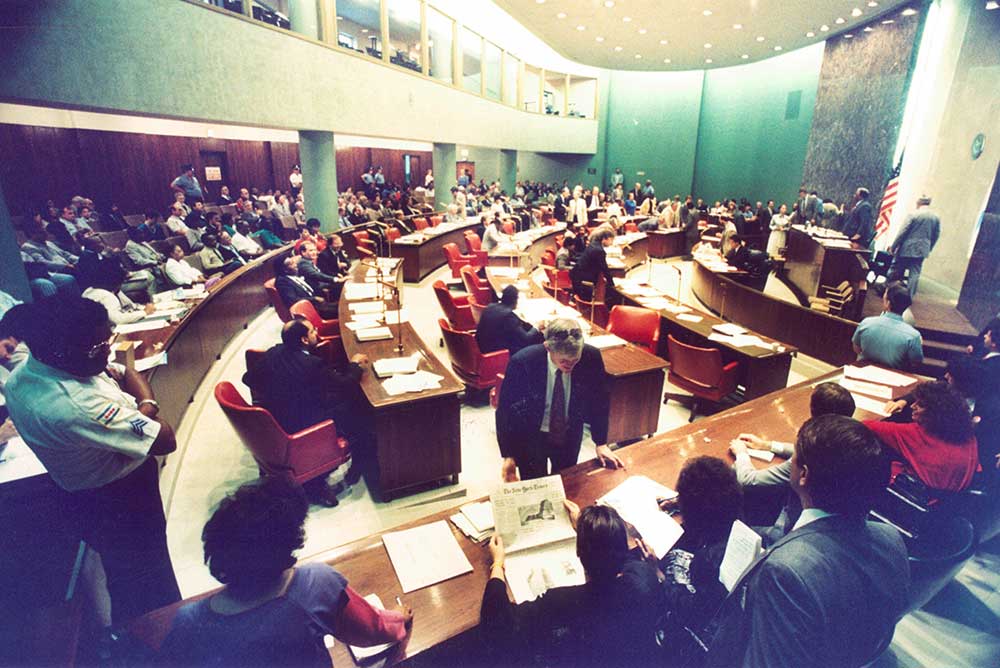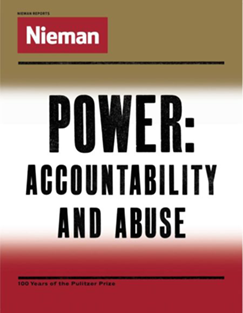
The 50-member Chicago City Council operated with 28 committees
In the series “The Spoils of Power,” Lipinski, Dean Baquet, and William Gaines revealed the waste, self-interest, and profiteering that dominated the proceedings of the 50-member Chicago City Council. During their six-month investigation, they examined land transactions, zoning changes, and vouchers reflecting expenditures of all 28 council committees over an 18-month period.
On Sept. 17, 1985, as the Chicago City Council prepared for its annual budget hearings, Ald. Edward Burke (14th), chairman of the council’s Committee on Finance, warned that the city was facing a $50 million revenue gap.Thirteen days later, Ald. Patrick Huels (11th) sent his secretary to a Wabash Avenue store to pick up office supplies for his Committee on Licenses. The secretary returned with five picture frames and two pen-and-pencil sets, including a 10-karat gold-filled, green onyx Cross desk set. Taxpayers picked up the bill for $326.29.
Between that date and the end of the year, Huels’ committee, with a budget of $107,044 in public funds, met only twice and approved no legislation, although 11 ordinances were pending before it.
In the following year, Huels used committee funds to pay for monthly car-phone bills ranging from $38.80 to $327.74; a $22-a-month beeper service; a $350 “hands free duplex” to allow him to use the phone outside his car; a $155 telephone delivered to his ward office; $100 in cab fare coupons; a $103 Polaroid camera; an oak computer cabinet, chair and hutch priced at $312; and a $621 unitemized Diners Club International charge for “office equipment.”
Huels’ purchases were typical of how the $5.3 million in taxpayers’ funds budgeted for city council committees are spent by the aldermen who run them.
And although they are spending, most of the committees aren’t working. Last year, fewer than half of the council committees met more than six times.


